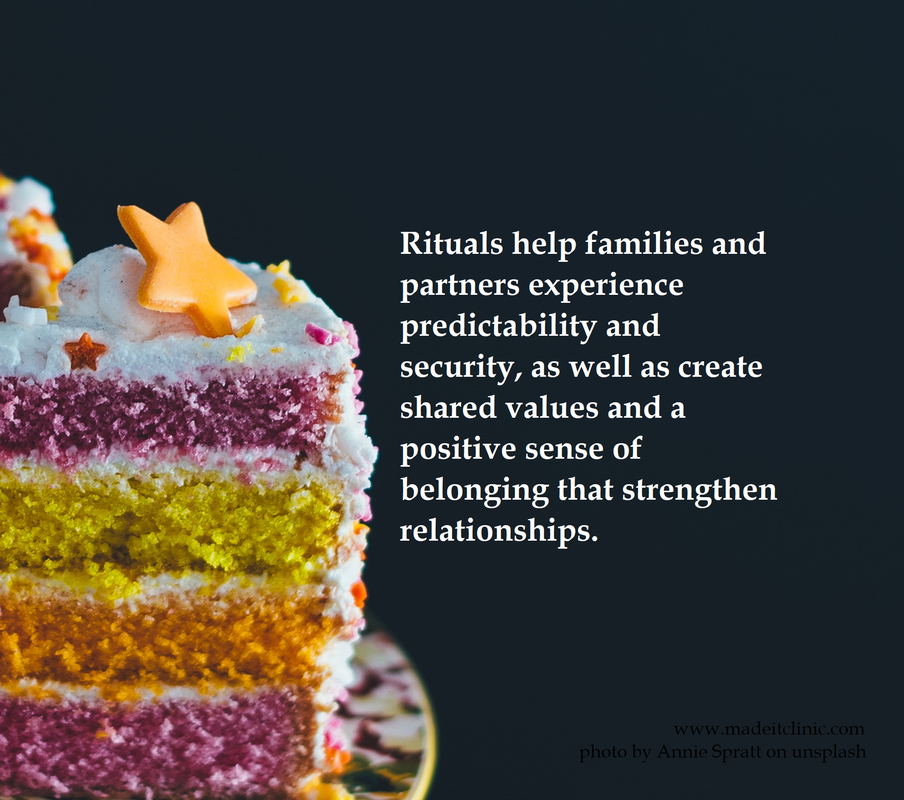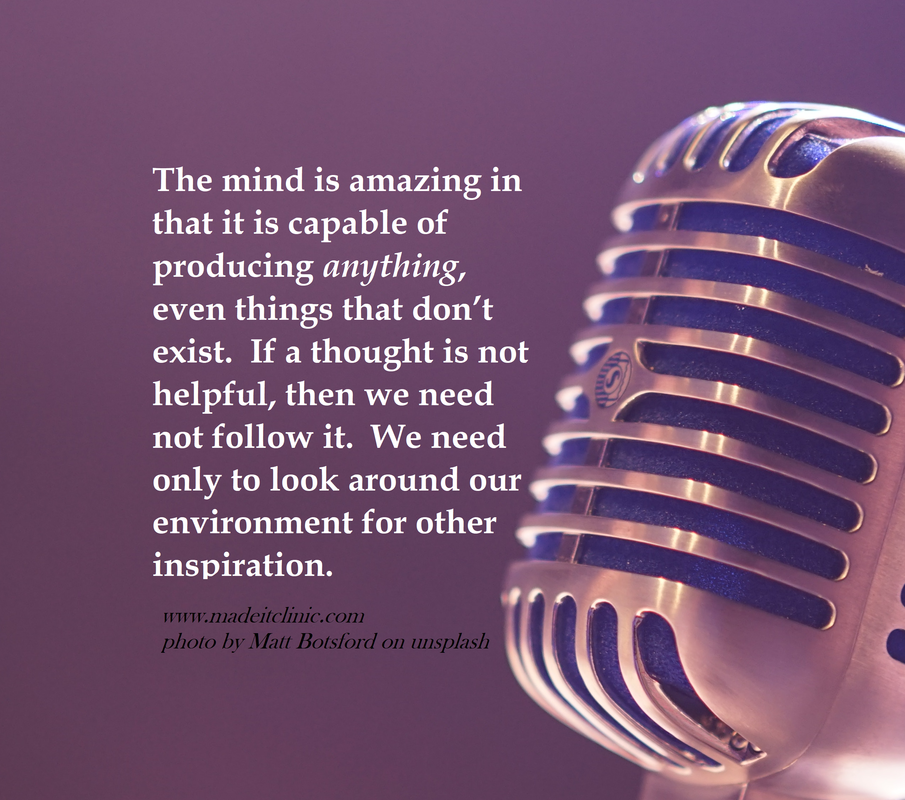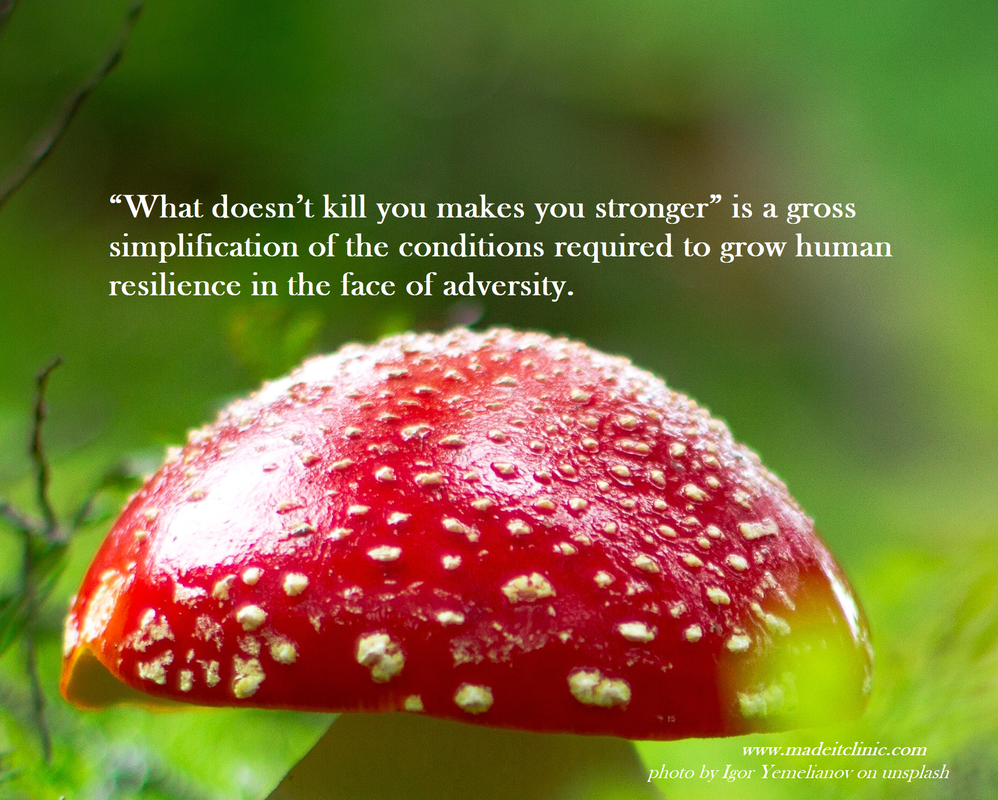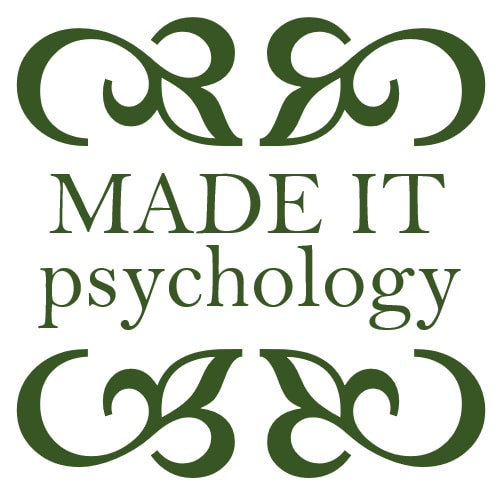|
Yesterday was Valentine’s Day, which some people really enjoy participating in and others detest. I have also heard it referred to as Single Awareness Day, a day that highlights the single-ness of unpartnered people.
Like it or not, society has many of these societal rituals. One particularly salient one for me is tomorrow – the Chinese New Year, or the Lunar New Year. My family and I usually get together around this time, eat a lot of food, and exchange ‘hong bao’, which are red envelopes of money. It’s like Christmas except children get money instead of presents. Rituals are very important, particularly in families and partnerships, in creating and maintaining a shared identity. In my work with families, sometimes I talk about ‘family rituals’, which are regular celebrations, routines, traditions, and quirky activities the family do together. They are different from public holidays and celebrations or commemorations in that they are more personalised and meaningful for the people involved. Sometimes they can tie into societal rituals, like going to the beach for Australia Day, but more often than not they are daily differences, like reading a book together in the evenings. Rituals help families and partners experience predictability and security, as well as create shared values and a positive sense of belonging that strengthen relationships. They can also help us maintain a routine. So if strengthening a relationship is something that you have in mind, consider the following:
0 Comments
In behavioural psychology, we look at how a person’s environment (both internal and external) can impact their behaviours. It’s surprising how some seemingly small adjustment can still have an impact on what we do. When we feel stuck, when we feel like we’ve hit a wall, or that every door is locked to us, these are cues that we need to adjust something in our environment to get the flow going again.
One example of an adjustment, or a ‘manipulable variable’ is music. Music can be used in daily life to evoke change and exploration. It is formulated to stimulate our emotions. I can’t say that I’m an expert on how musicians and producers do this, but I am an avid consumer of its affects. Daniel and I have music going almost all the time in the clinic. We usually play something classical because it helps me focus. Every now and then we’ll put on a playlist that gets us out of our seats and dancing around if we’ve been sitting for too long. Keep in mind that no strategy works 100% of the time. So sometimes music may be a great pick up, and other times it will do nothing to shift the grey monotone. The important thing to focus on is the process or function of what we’re doing, not necessarily the form of the change. Knowing that when things aren’t working we can ‘manipulate a variable’ is a much more flexible response than the action of putting on music. In behavioural psychology, this idea is referred to as ‘function over form’. It helps us move away from the ‘right’ and ‘wrong’ way of doing things and experiment with adjusting something to achieve a desired function. With that process in mind, another example of an adjustment or a manipulative variable is the way we respond to our thoughts. Just like we might play a certain type of music to achieve a certain function (to focus or to dance), we can think about what kinds of thoughts we want to play to help us along in our day. The mind is amazing in that it is capable of producing anything, even things that don’t exist. Now, I am not advocating for any forcing of thoughts. In fact, one of my pet peeves is being told ‘just be positive’. Instead, I am asking us all to openly consider how well a particular thought serves our goals. If it’s not helpful, then we need not follow it. We need only to look around our environment for other inspiration. “What doesn’t kill you makes you stronger” is a gross simplification of the conditions required to grow human resilience in the face of adversity. While this statement does motivate some people, I’d like to expand upon the conditions a little:
|
Archives
April 2021
CategoriesSocial Media |




 RSS Feed
RSS Feed